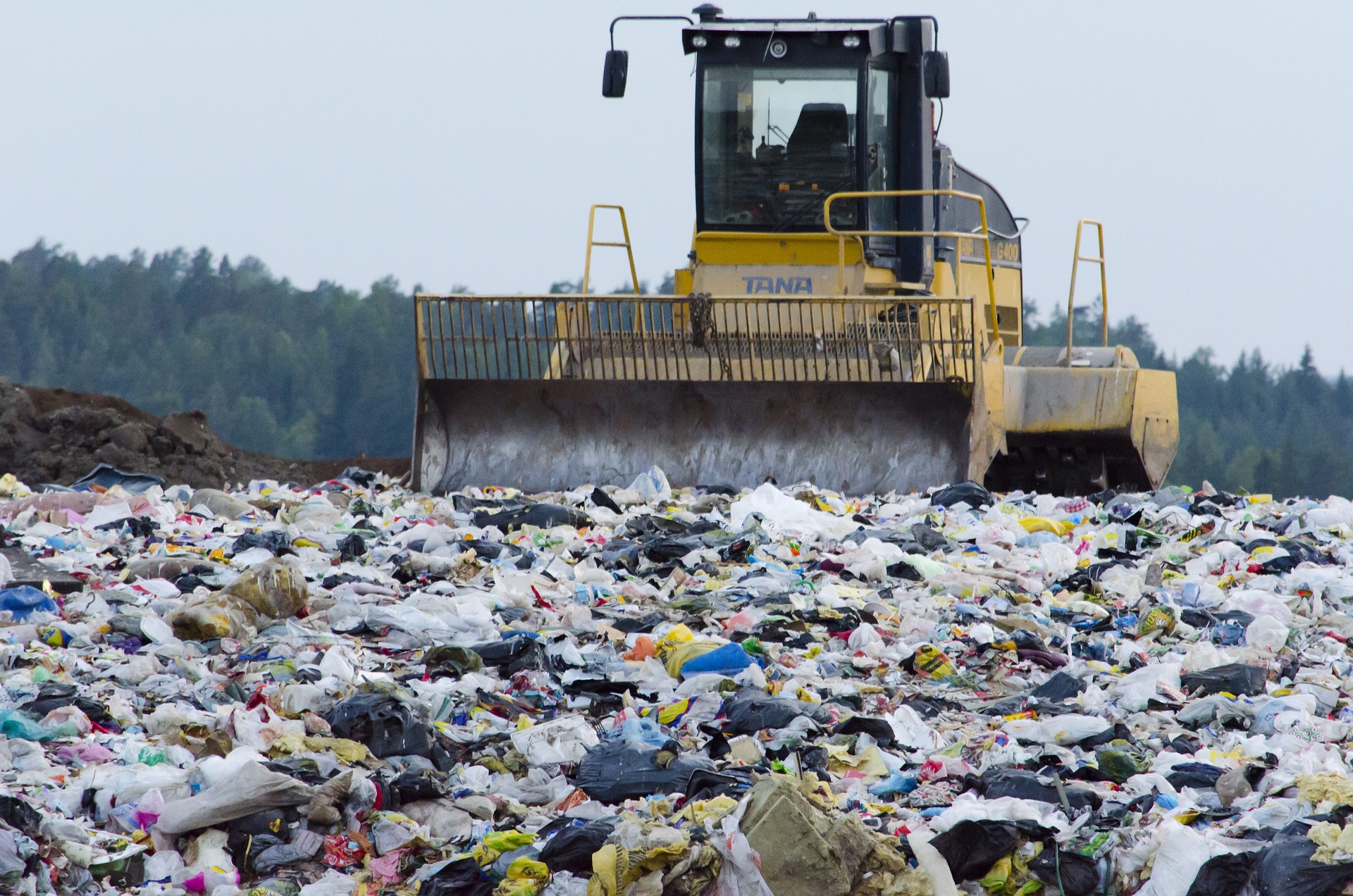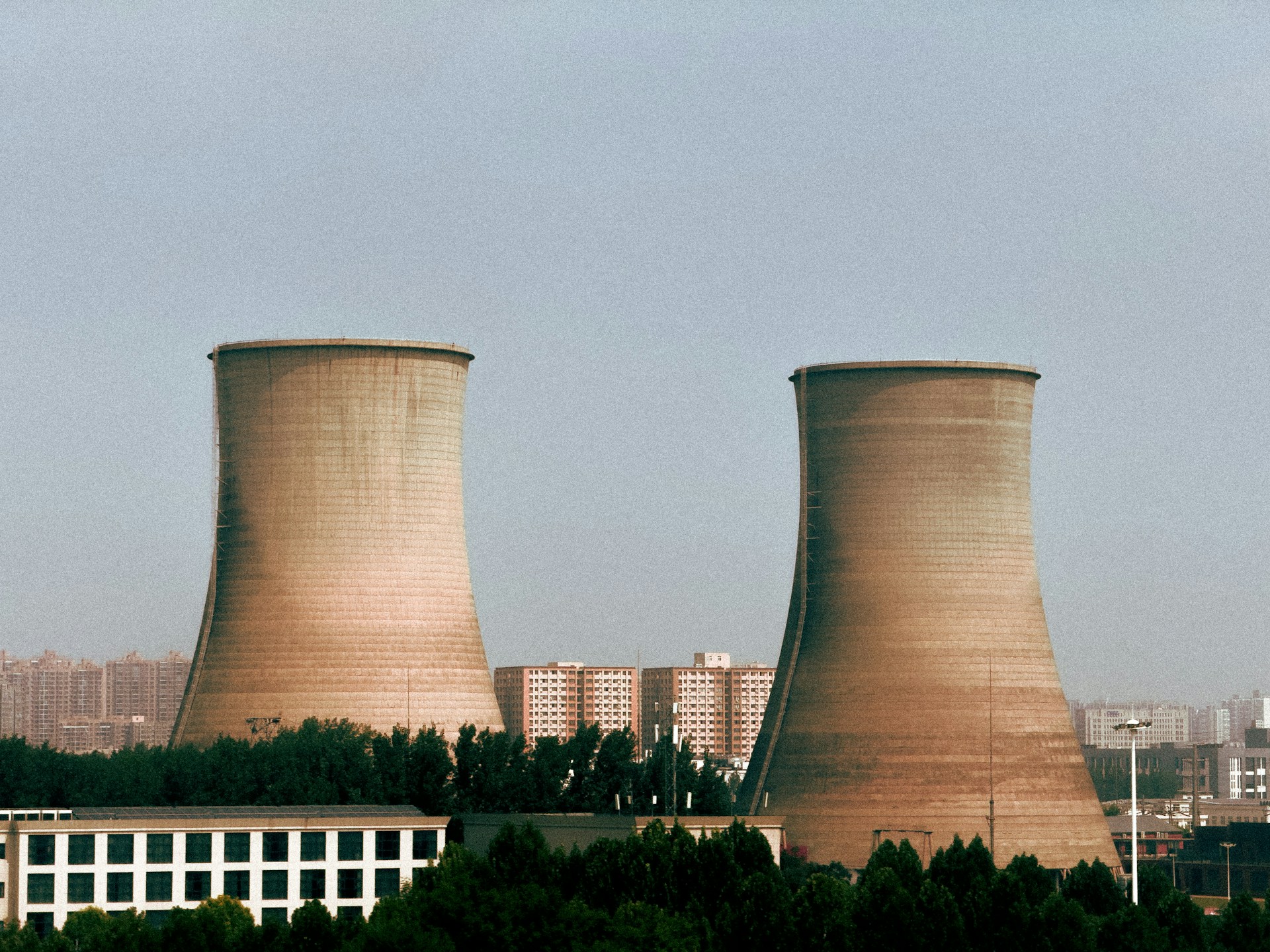This article was originally published in The Oxford Scientist Hilary Term 2022 edition, Regeneration.
Anyone who has conducted an organic synthesis lab knows the inexplicable mess and waste one regularly produces in an effort to achieve what seems like nothing. This fact, and others like it, have led to a bigger question—how do scientists contribute to the current global waste crisis?
Laboratory waste is under strict regulations in the UK, with many substances being toxic and having to be handled with the upmost care. Reducing waste and emissions in a lab can seem impossible due to a plethora of factors including buildings being temperature-controlled, requiring a 24/7 hour energy supply and a heavy reliance on single-use items during experiments.
There is potential for modernising existing labs by, for example, improving the efficiency of buildings by harnessing solar power. But balancing the needs of the environment with those of scientific advancements is no small feat. Reputable organisations such as the International Institute for Sustainable Laboratories and their benchmarking tools are crucial for the future of labs.
Having parameters which each lab can measure, such as their carbon footprint, is allowing for future-proofing, with the options to compare policies and practices with peers allowing for collaboration.
There is a persistent rhetoric advocating for recycling of plastic waste, but many fail to realise that plastic recycling involves solvent based processes and further incineration. Only about 16% of plastic waste is used for recycling, with the rest being sent to landfills or incineration, indicating that most of the plastic we use regularly is from raw materials.
The existence of only a single type of plastic would make recycling far more efficient, however, this is not the case at present.
Scientists have put forth a unique proposal which incorporates hyperspectral imaging technology, meaning that during the separation process each type of plastic will have a unique presence under ultraviolet light, allowing for more effective separation. This would form a principle in the desire of a circular economy, where most of the plastic in use forms a ‘closed loop’ minimising the use of raw materials.
Modern climate activism has an emphasis on the actions of individuals. The truth remains that the majority of emissions and waste are a result of the behaviour of multinational corporations and lack of government accountability.
There have been several calls for a UN panel on chemical and physical waste, allowing scientists to be at the forefront of policy changes. Nonetheless, with each country having varied laws around waste, it becomes easy for corporations to exploit countries with minimal regulations for profit.
The persistent lack of appropriate legislation has led to shocking statistics, with 16% of all premature deaths in 2019 across the world were attributed to waste mismanagement.
A paper published in 2020 revealed how forced changes in the environment have impacted our heath, from oxidative stress (imbalance of oxygen species producing inflammation) to epigenetic alternations leading to changes in gene expressions.
Developing countries have been impacted more by contamination due to practices such as open dumping and burning being commonplace because of unreliable public services. The EU and USA each export 70–95% of their recycled plastics to China alone, leading to laws banning the import of ‘foreign garbage’. There is a clear disconnect from the empty promises politicians make about the future of our planet and the actions being carried out against other nations.
The solutions to waste are neither obvious, nor simple. There is hope however, with developments in technology leading to more efficient recycling and governments increasingly taking note of scientific guidelines.
There have been great efforts by many research groups to discover ways to improve our waste management capabilities. Scientists do contribute a significant amount to the waste produced yet, they play a critical role in the improvements of institutes to aid the problems and guide governments when possible.
The fight for climate justice is one that cannot be fought without science.





